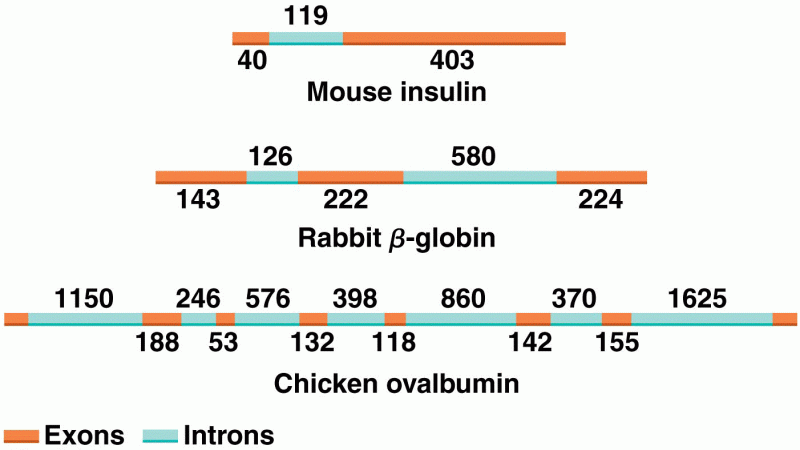|
|
|
Did you know?
Amphetamine poisoning can cause intravascular coagulation, circulatory collapse, rhabdomyolysis, ischemic colitis, acute psychosis, hyperthermia, respiratory distress syndrome, and pericarditis.
Did you know?
The word drug comes from the Dutch word droog (meaning "dry"). For centuries, most drugs came from dried plants, hence the name.
Did you know?
Vaccines prevent between 2.5 and 4 million deaths every year.
Did you know?
Thyroid conditions may make getting pregnant impossible.
Did you know?
The FDA recognizes 118 routes of administration.







